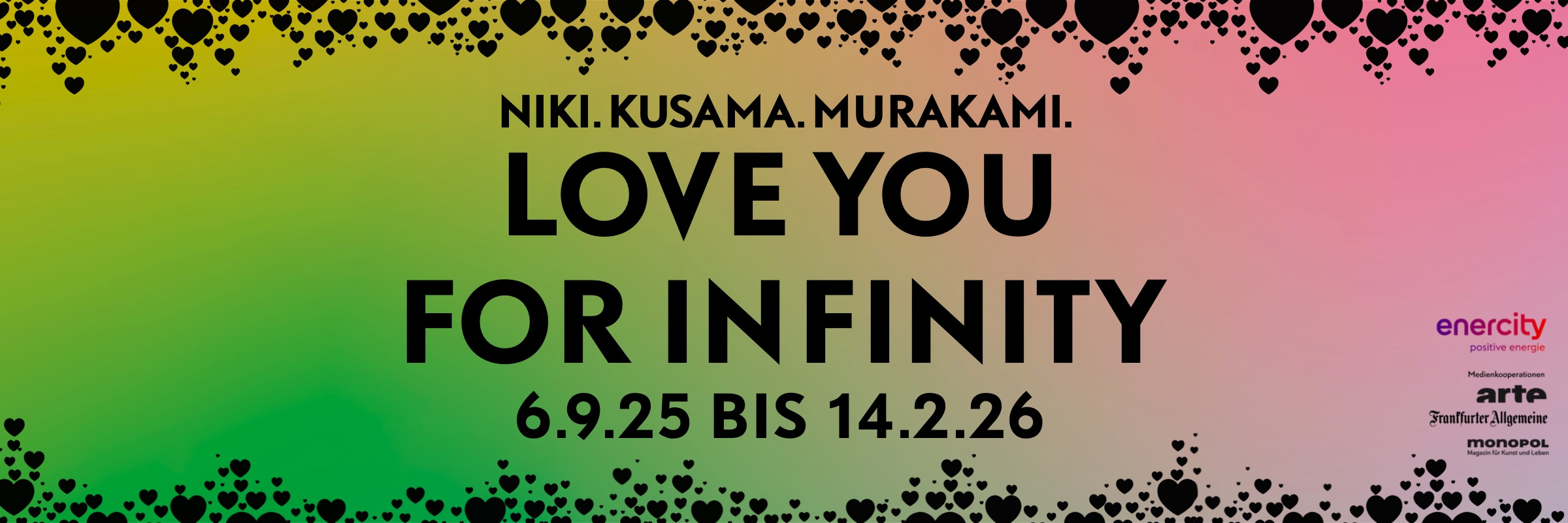
Natalie Price Hafslund
Special Island
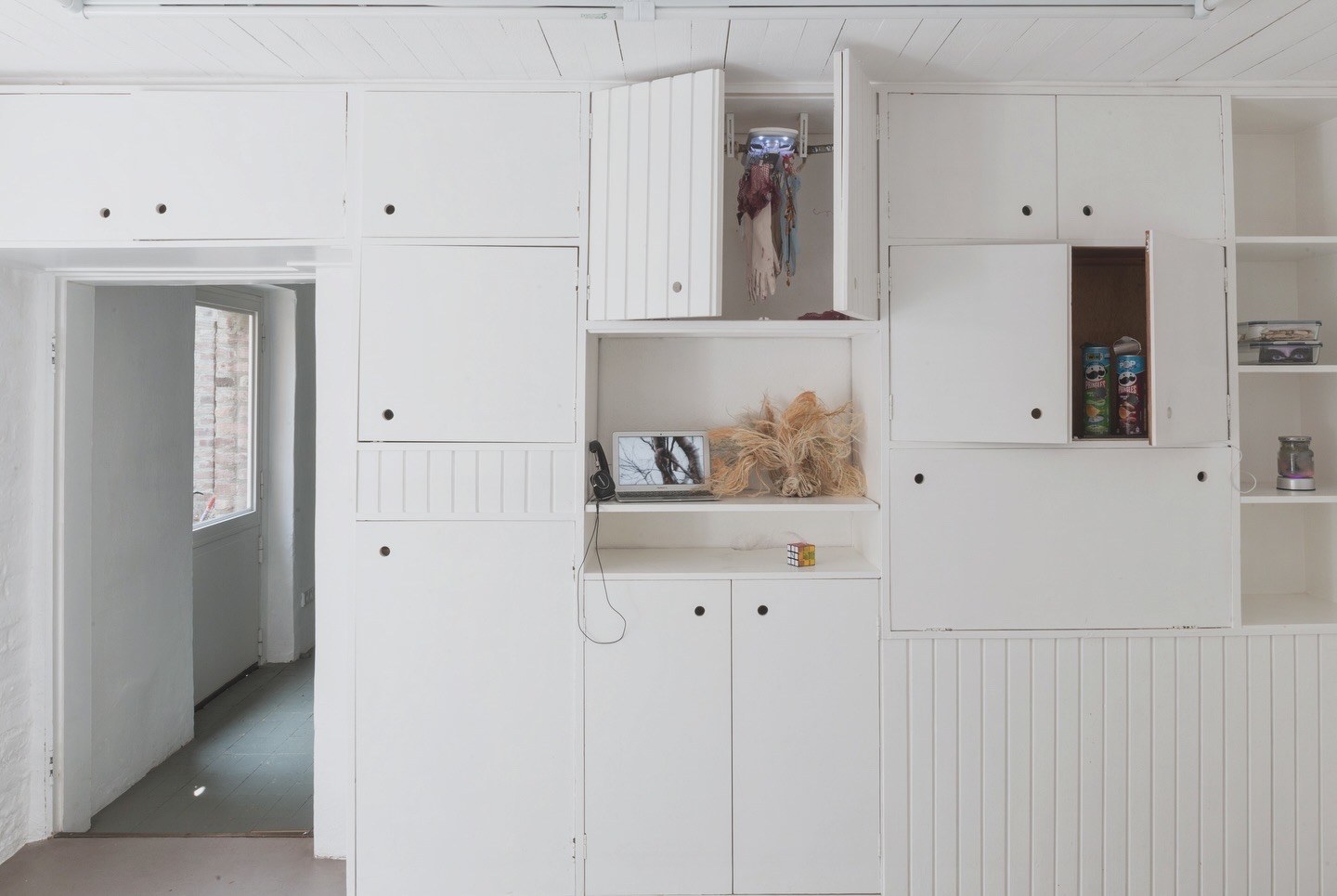
Installation View, Special Island, Natalie Price Hafslund, mauer, 2024 Foto: Nikolai Meierjohann
Advertisement
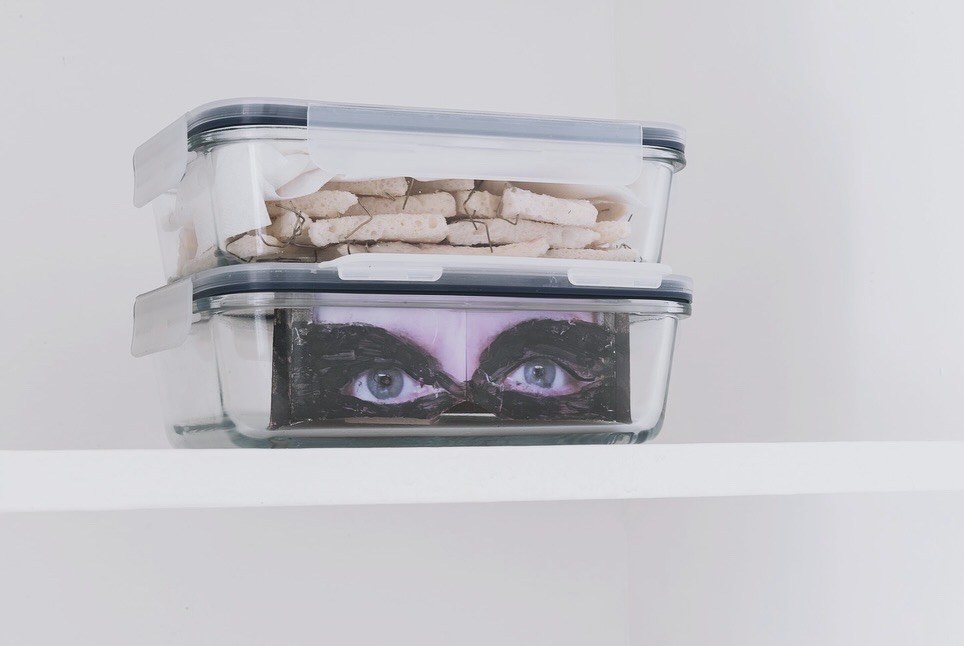
Fresh eyes (2024), Special Island, Natalie Price Hafslund, mauer, 2024 Foto: Nikolai Meierjohann
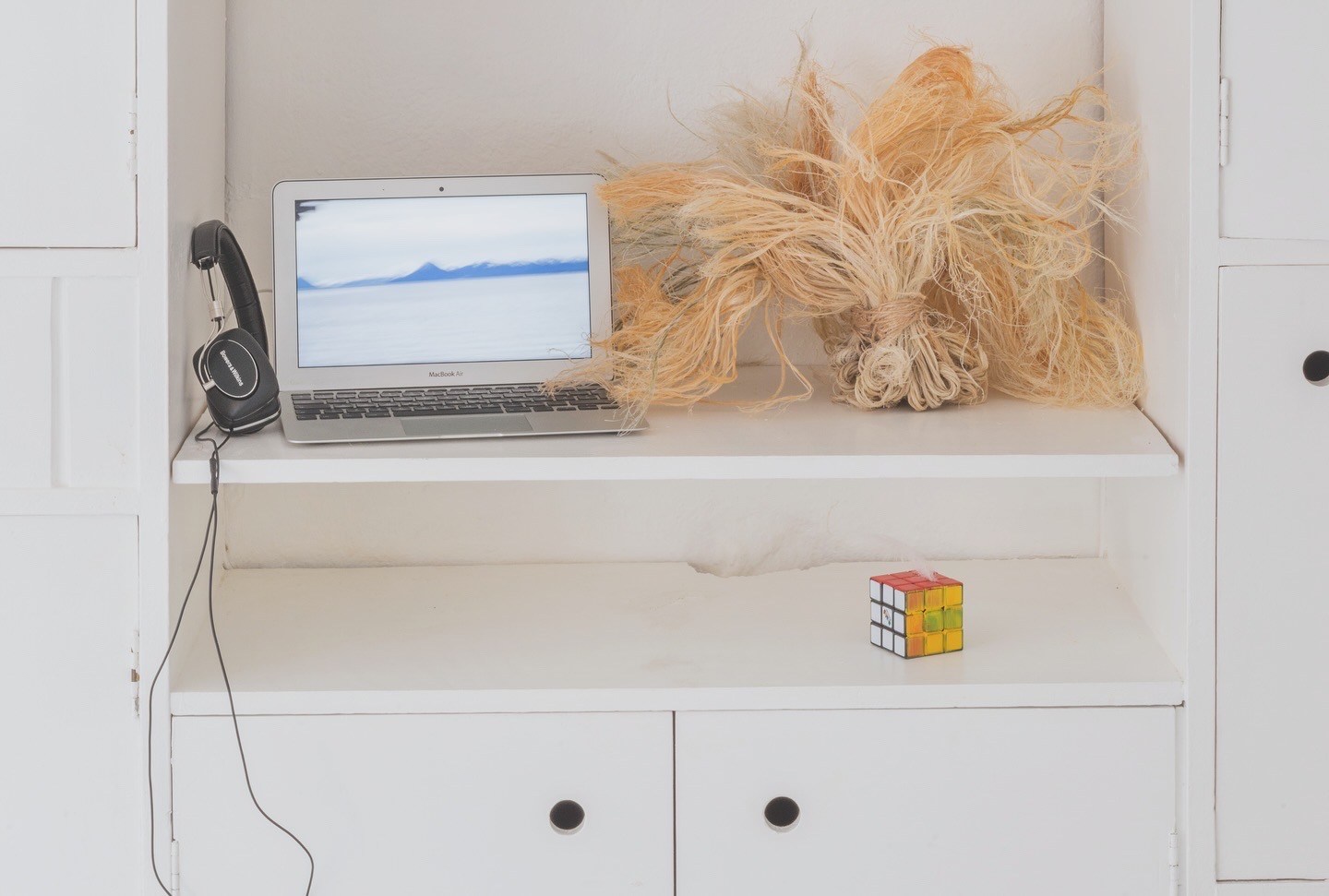
Fishing for compliments (2024), Finished it! (2024), Special Island, Natalie Price Hafslund, mauer, 2024 Foto: Nikolai Meierjohann
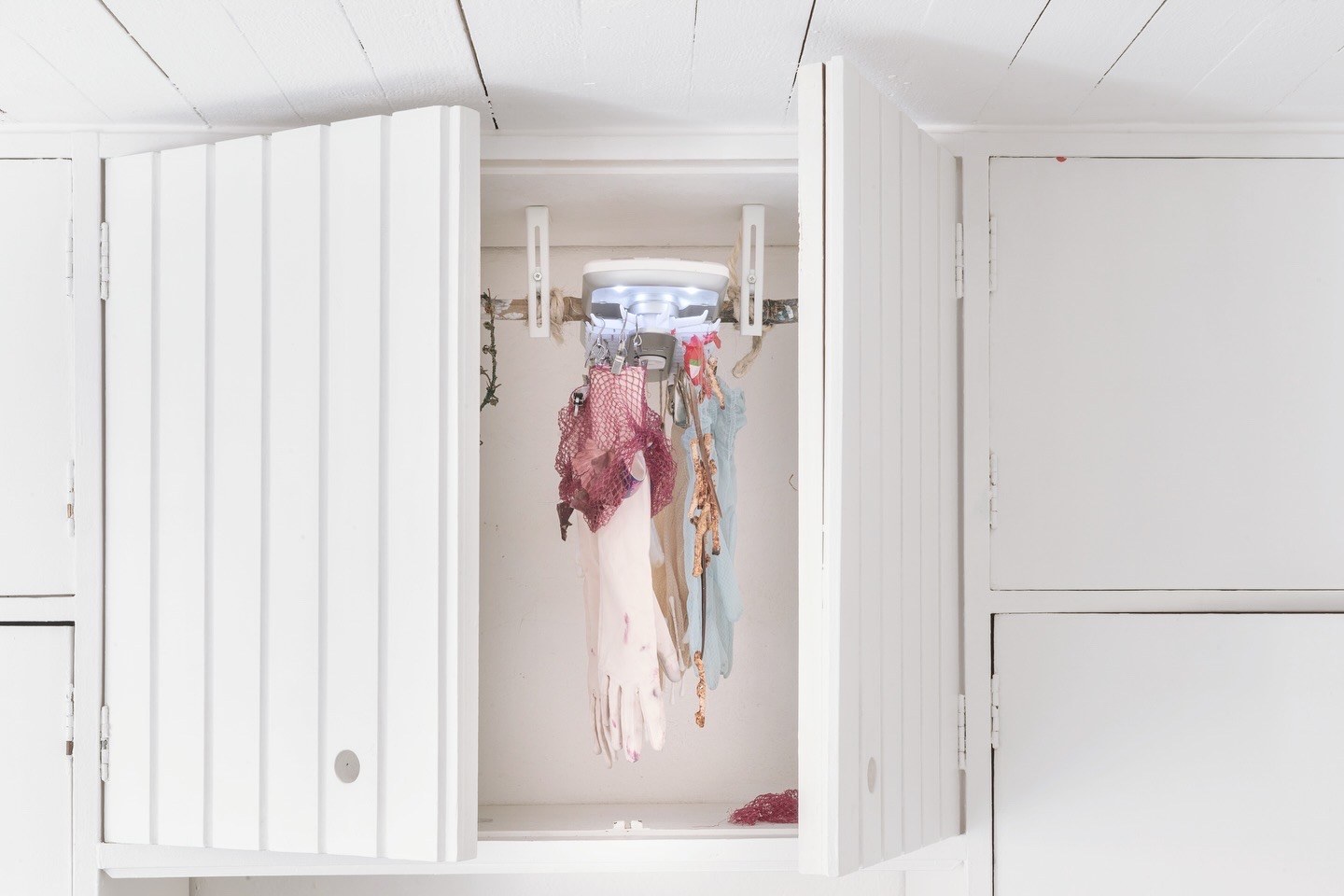
Work Gloves (2024), Special Island, Natalie Price Hafslund, mauer, 2024 Foto: Nikolai Meierjohann
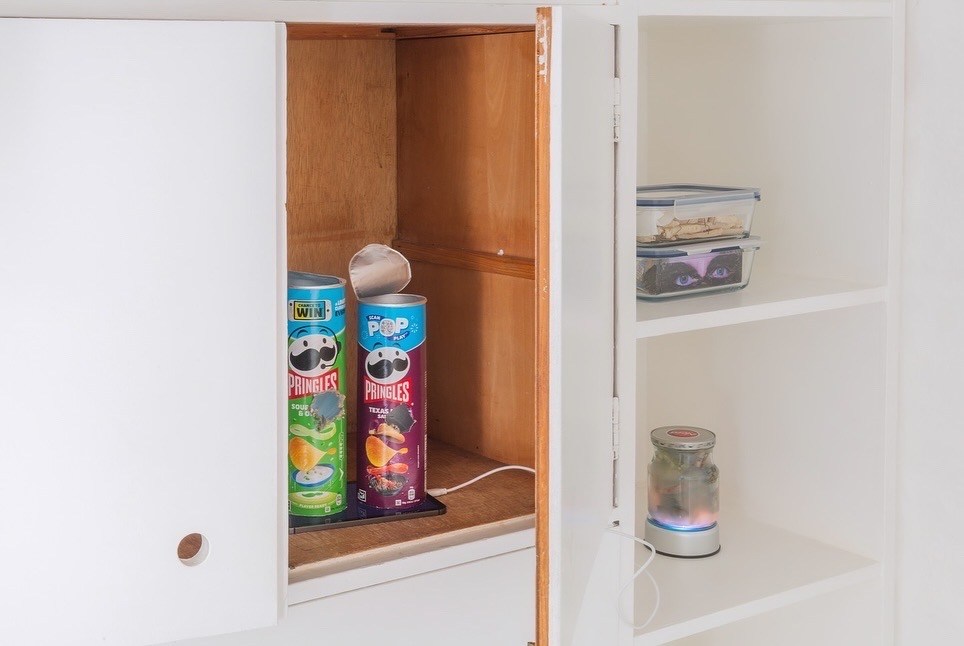
Installation View, Special Island, Natalie Price Hafslund, mauer, 2024 Foto: Nikolai Meierjohann
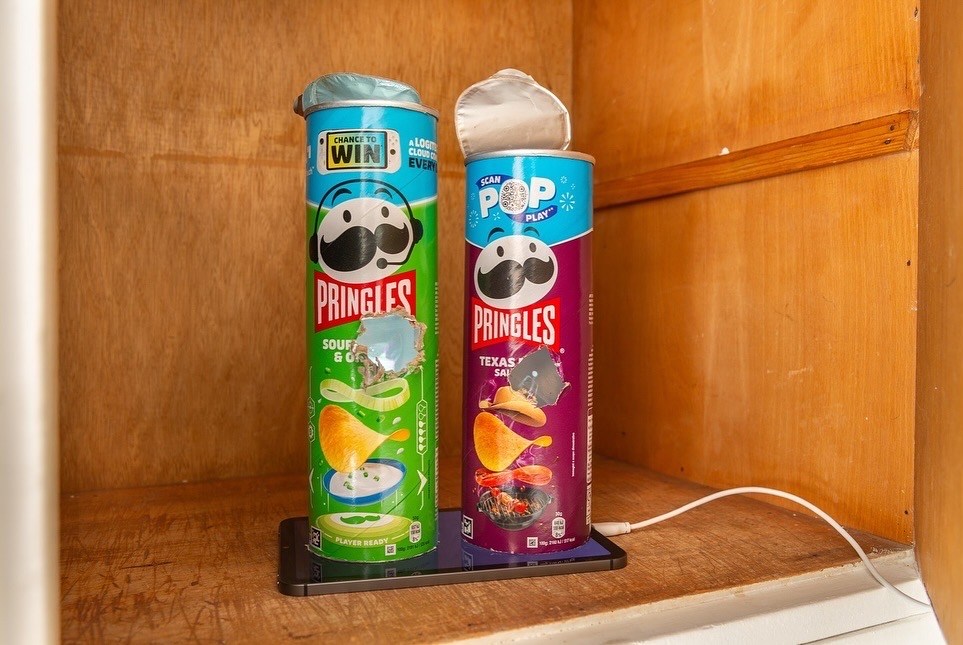
Spirit Holes (2024), Special Island, Natalie Price Hafslund, mauer, 2024 Foto: Nikolai Meierjohann
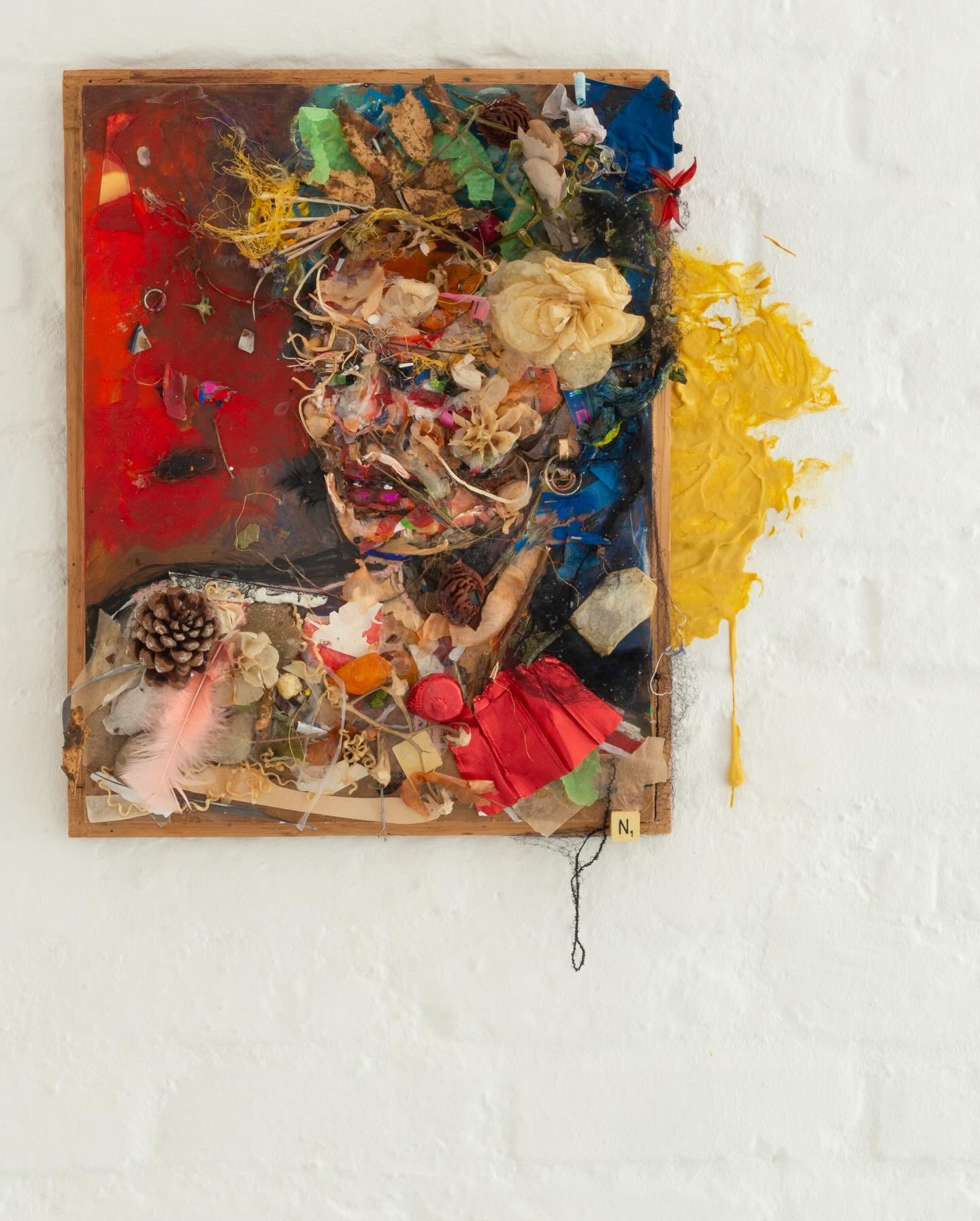
Installation View, Special Island, Natalie Price Hafslund, mauer, 2024 Foto: Nikolai Meierjohann
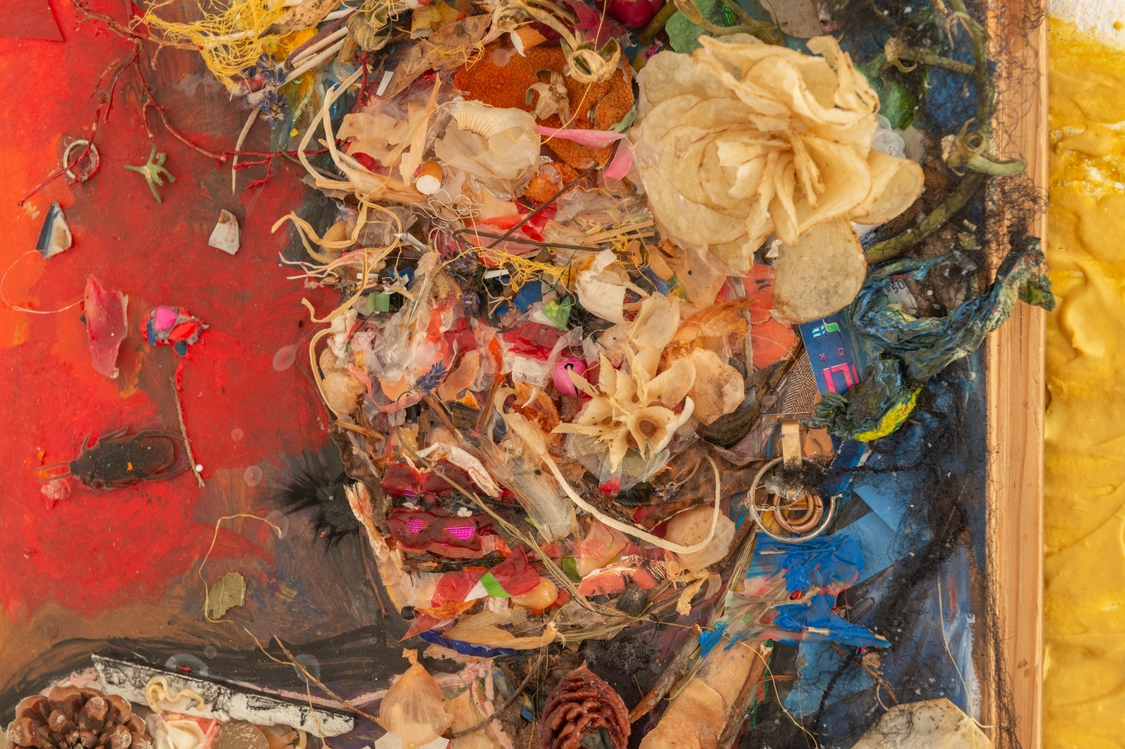
The secret to creativity is knowing how to hide your sauces, I suggest keeping ketchup in the middle of you and mustard, somewhere else. (2024), Special Island, Natalie Price Hafslund, mauer, 2024 Foto: Nikolai Meierjohann
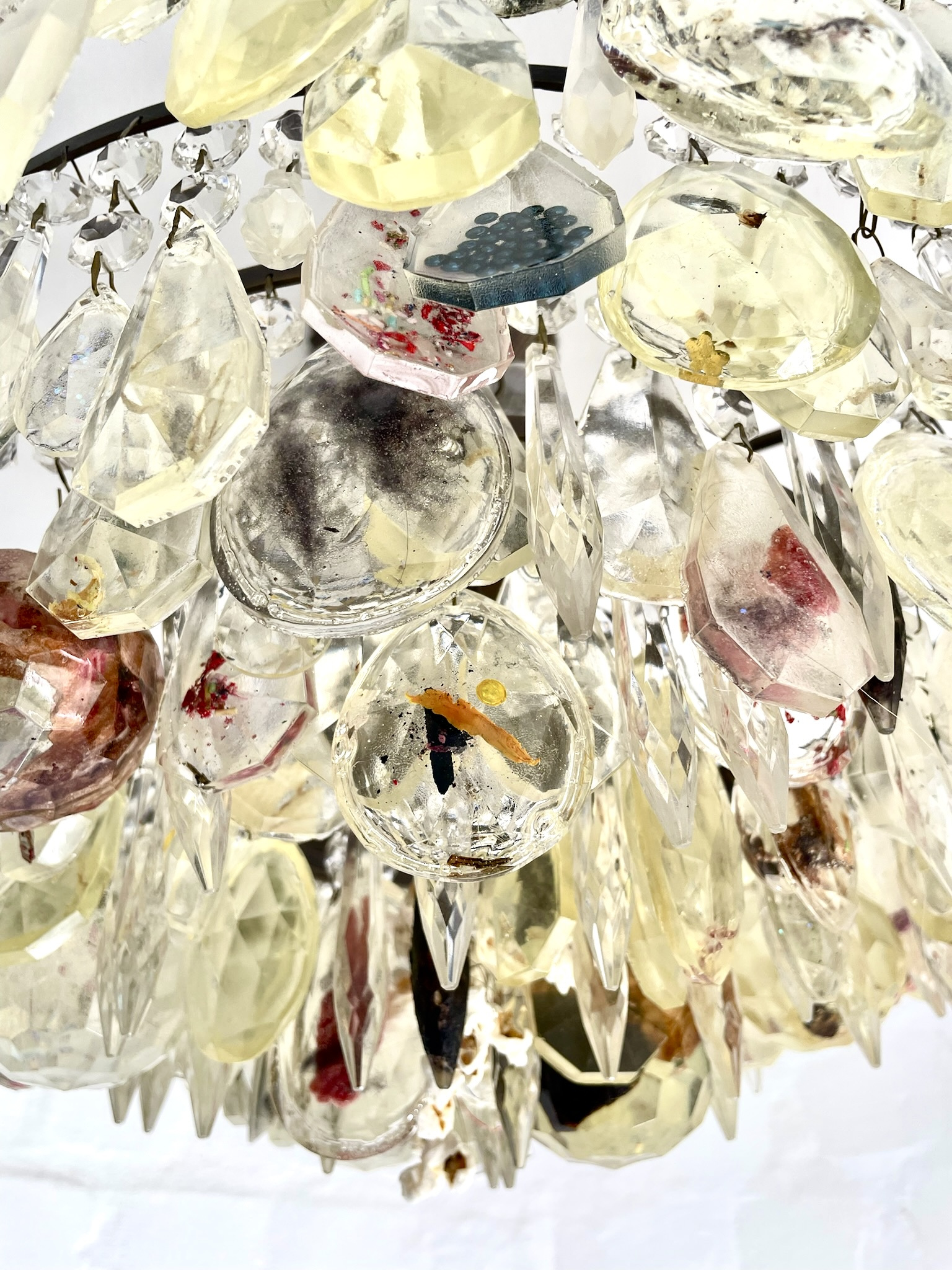
Detail Light of my life II (2024), Special Island, Natalie Price Hafslund, mauer, 2024 Foto: Stefanie Humbert
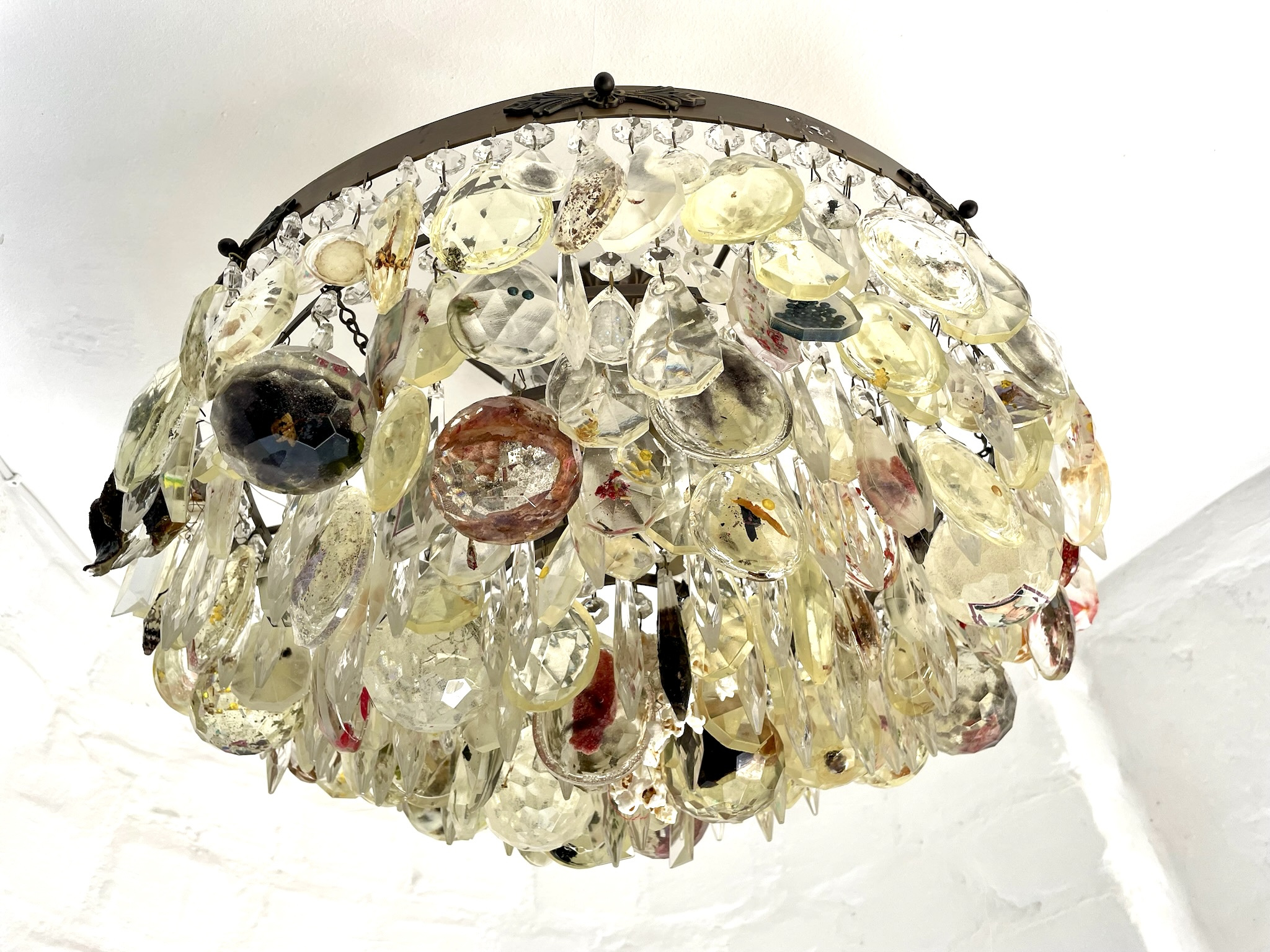
Light of my life II (2024), Special Island, Natalie Price Hafslund, mauer, 2024 Foto: Stefanie Humbert
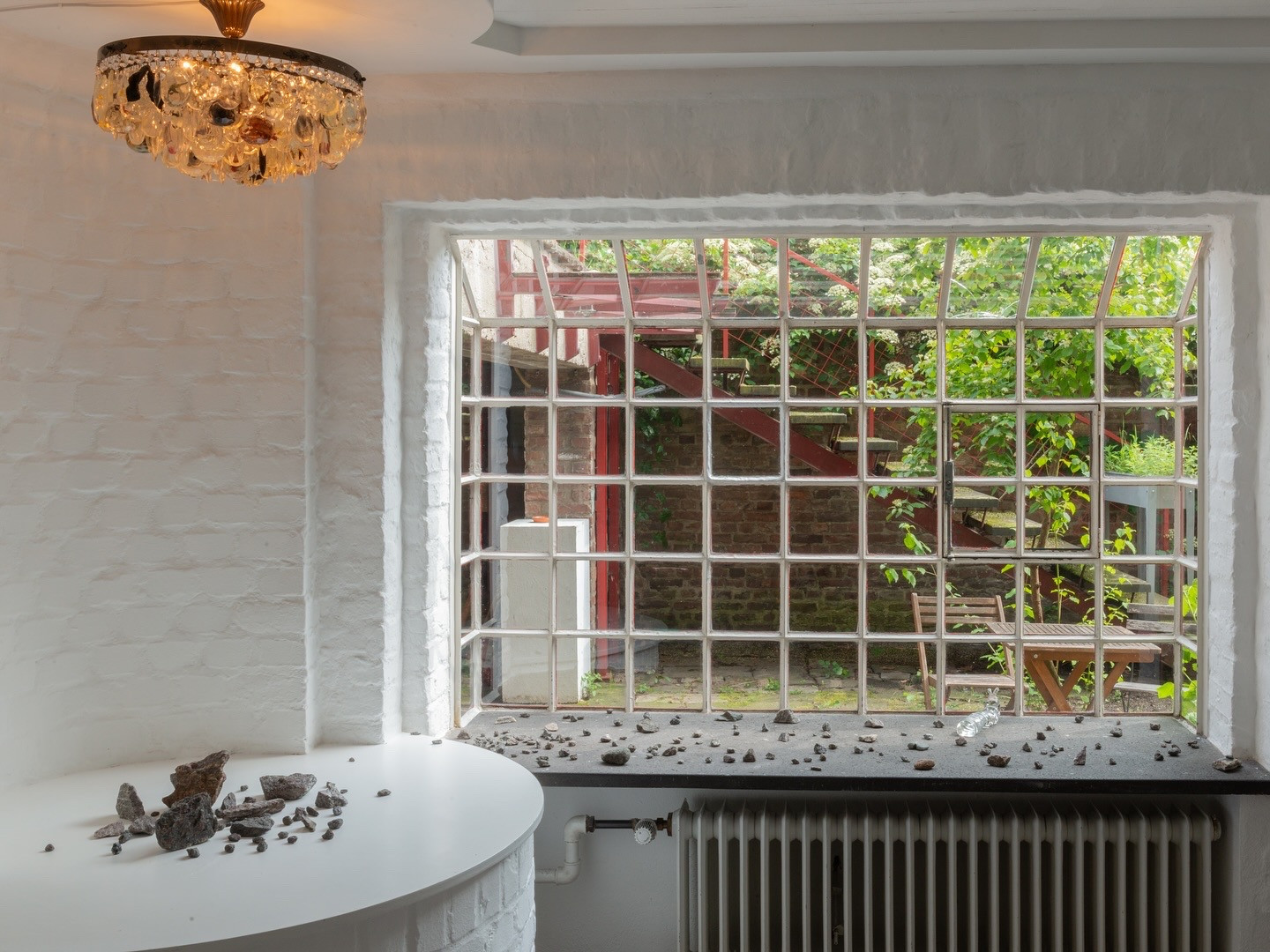
Installation View, Special Island, Natalie Price Hafslund, mauer, 2024 Foto: Nikolai Meierjohann
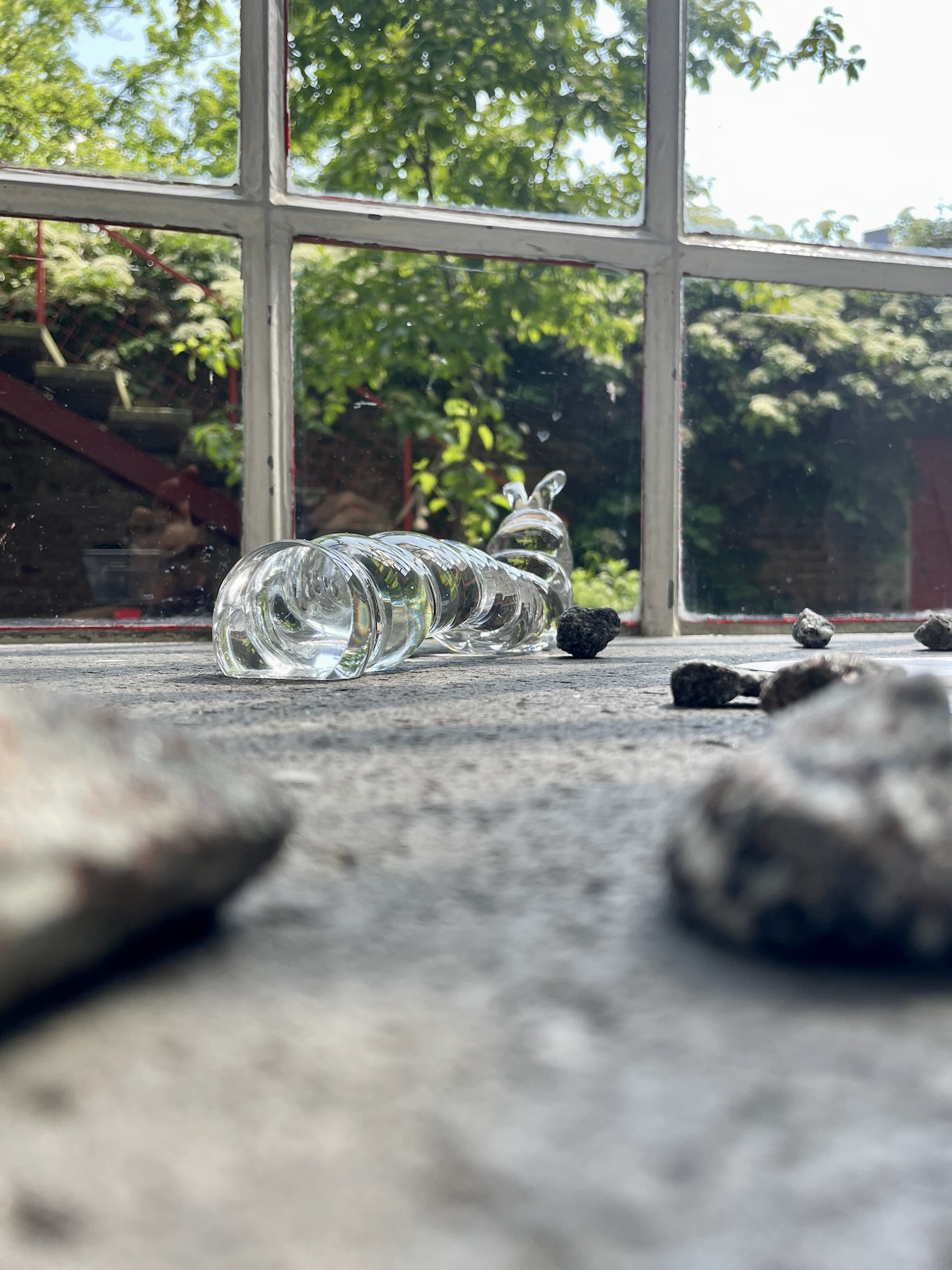
Free microdiamonds (2024), Special Island, Natalie Price Hafslund, mauer, 2024 Foto: Stefanie Humbert
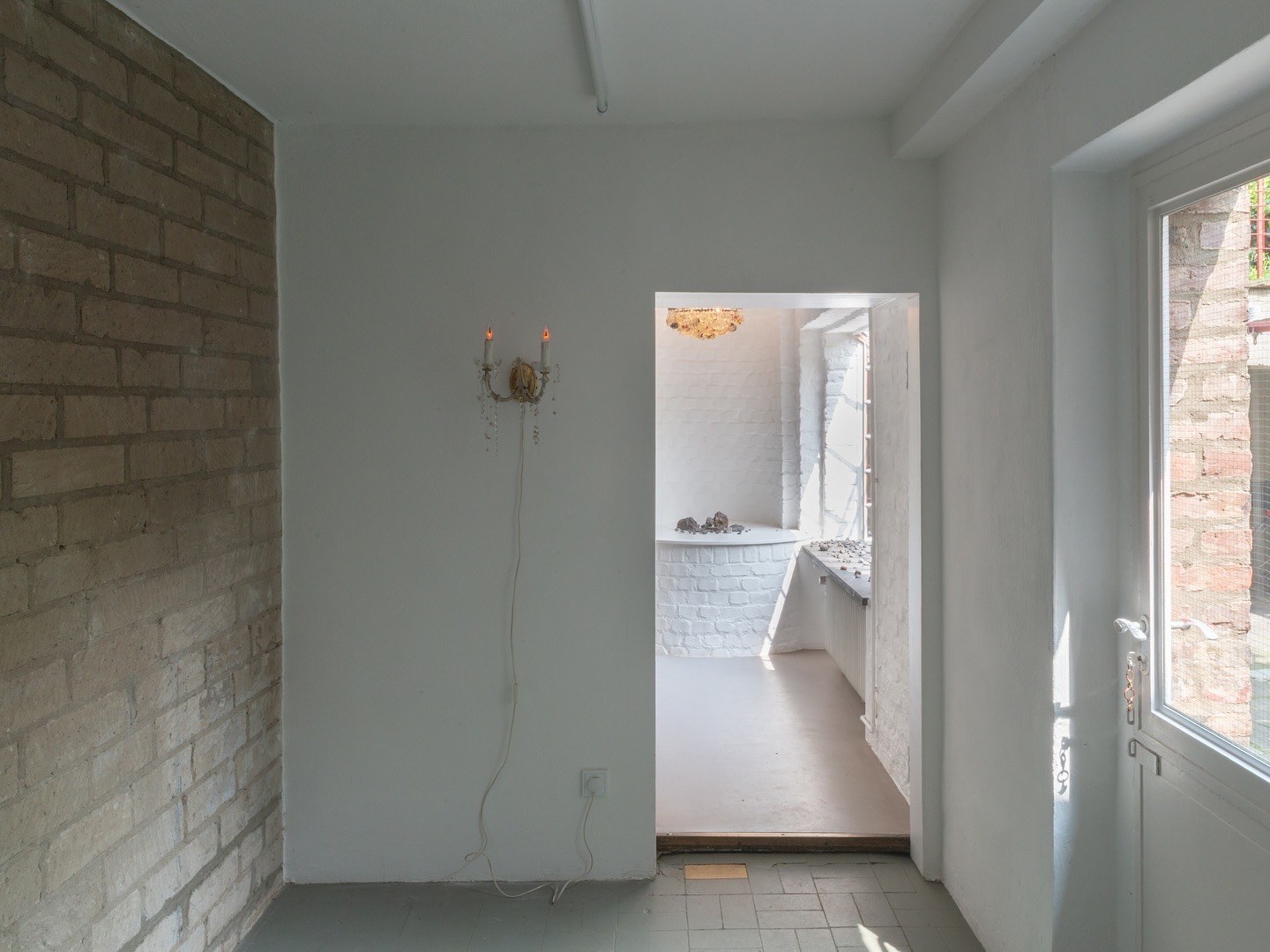
Installation View, Special Island, Natalie Price Hafslund, mauer, 2024 Foto: Nikolai Meierjohann
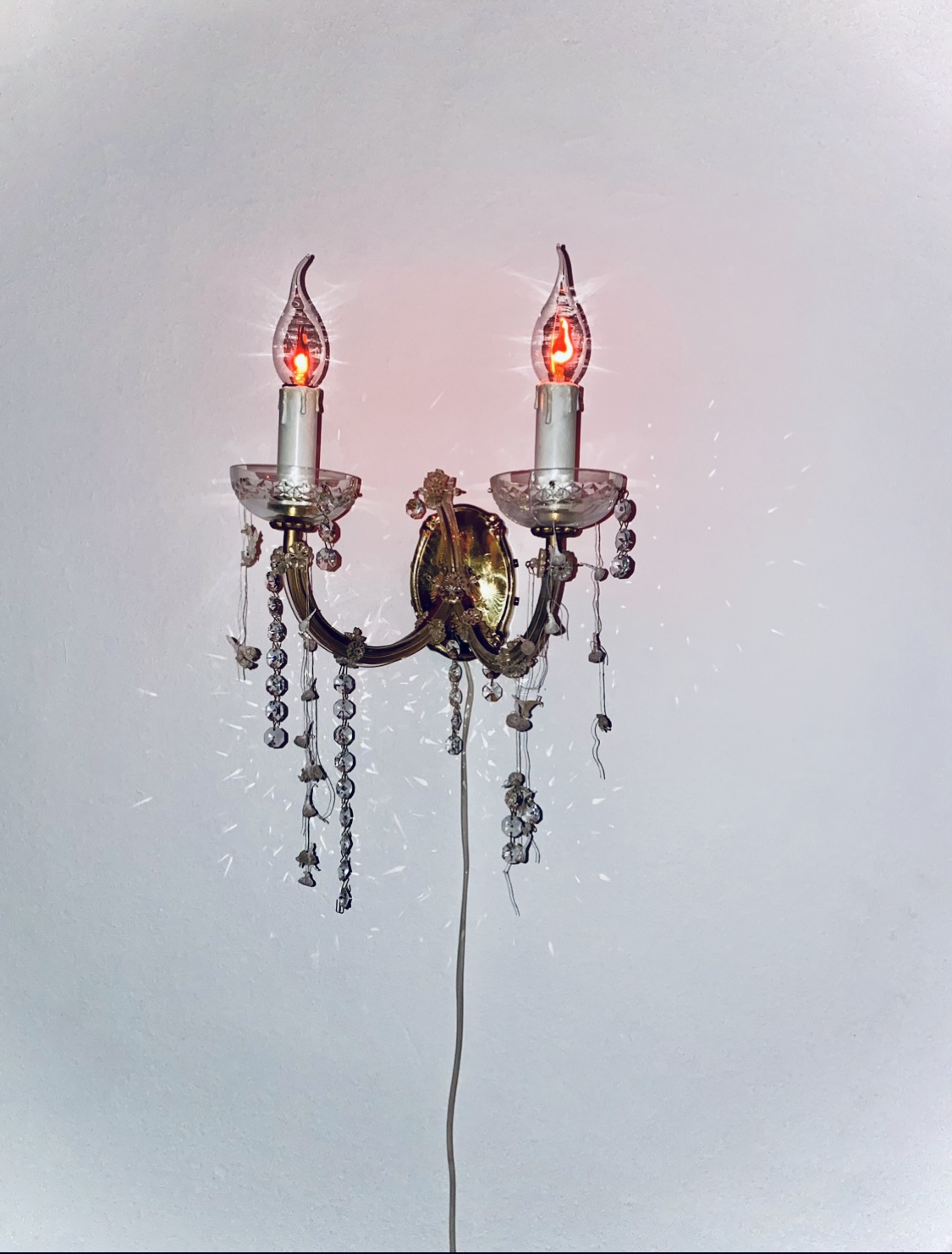
Detail Light of my life I (2024), Special Island, Natalie Price Hafslund, mauer, 2024 Foto: Stefanie Humbert
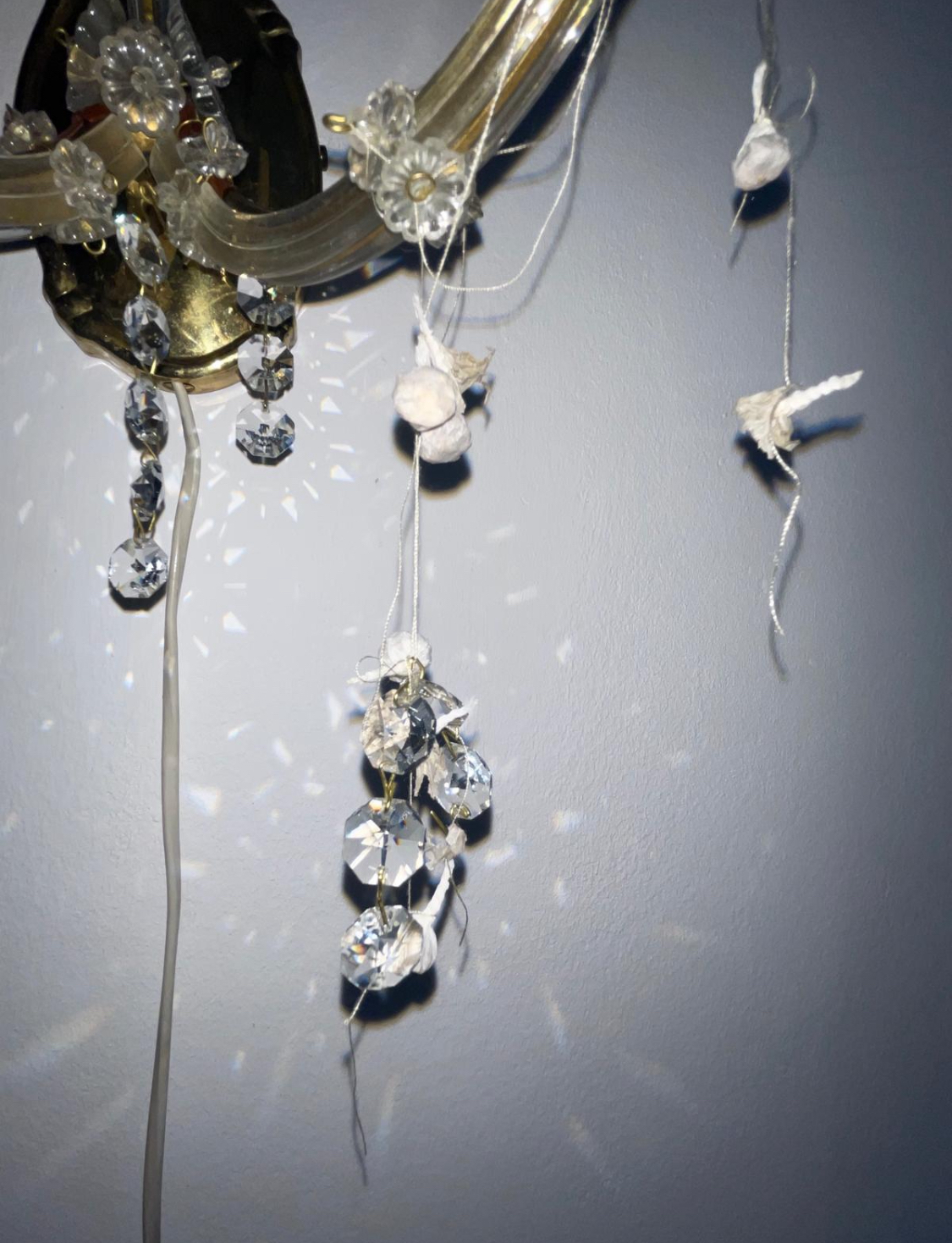
Detail Light of my life I (2024), Special Island, Natalie Price Hafslund, mauer, 2024 Foto: Stefanie Humbert
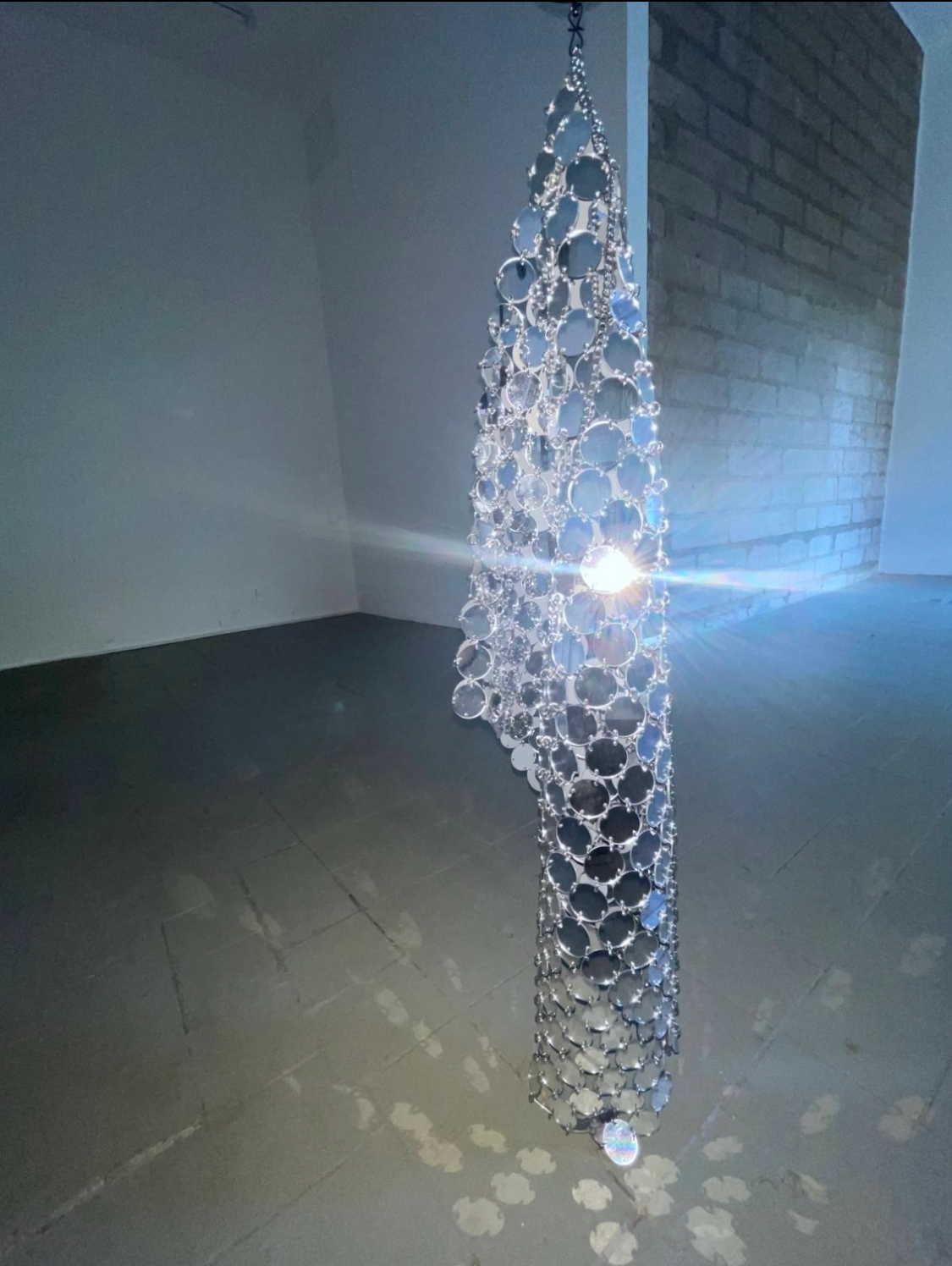
Lure kit (2024), Special Island, Natalie Price Hafslund, mauer, 2024 Foto: Stefanie Humbert
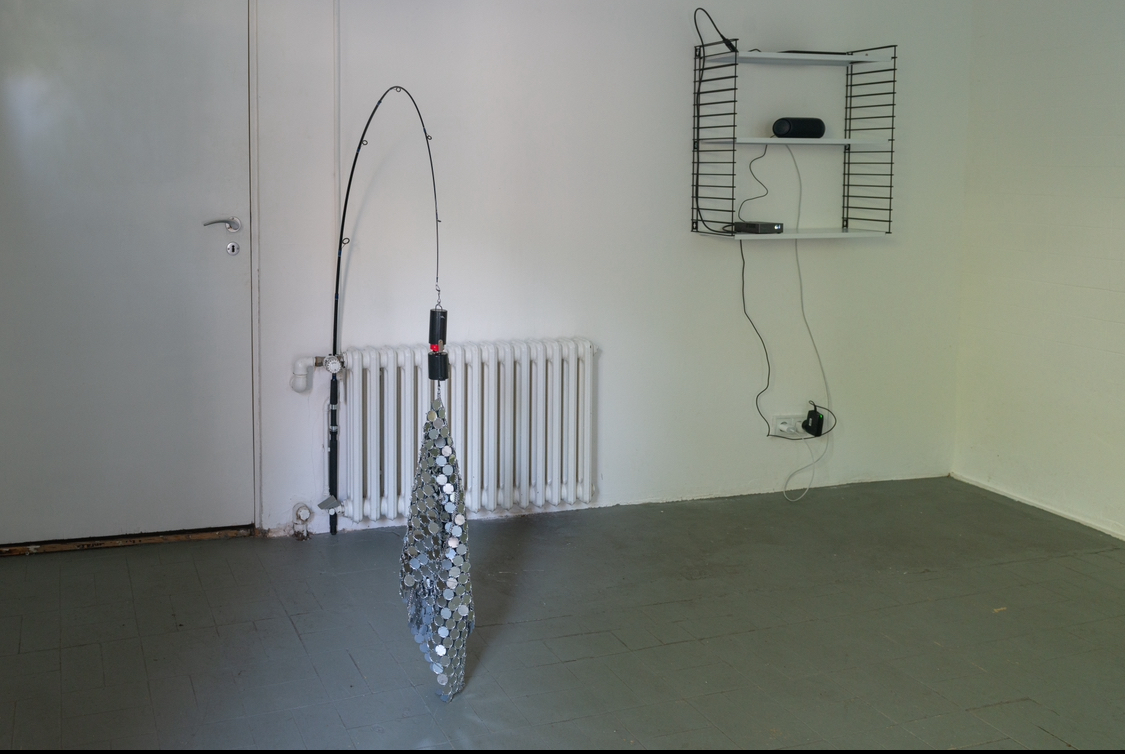
Installation View, Special Island, Natalie Price Hafslund, mauer, 2024 Foto: Nikolai Meierjohann
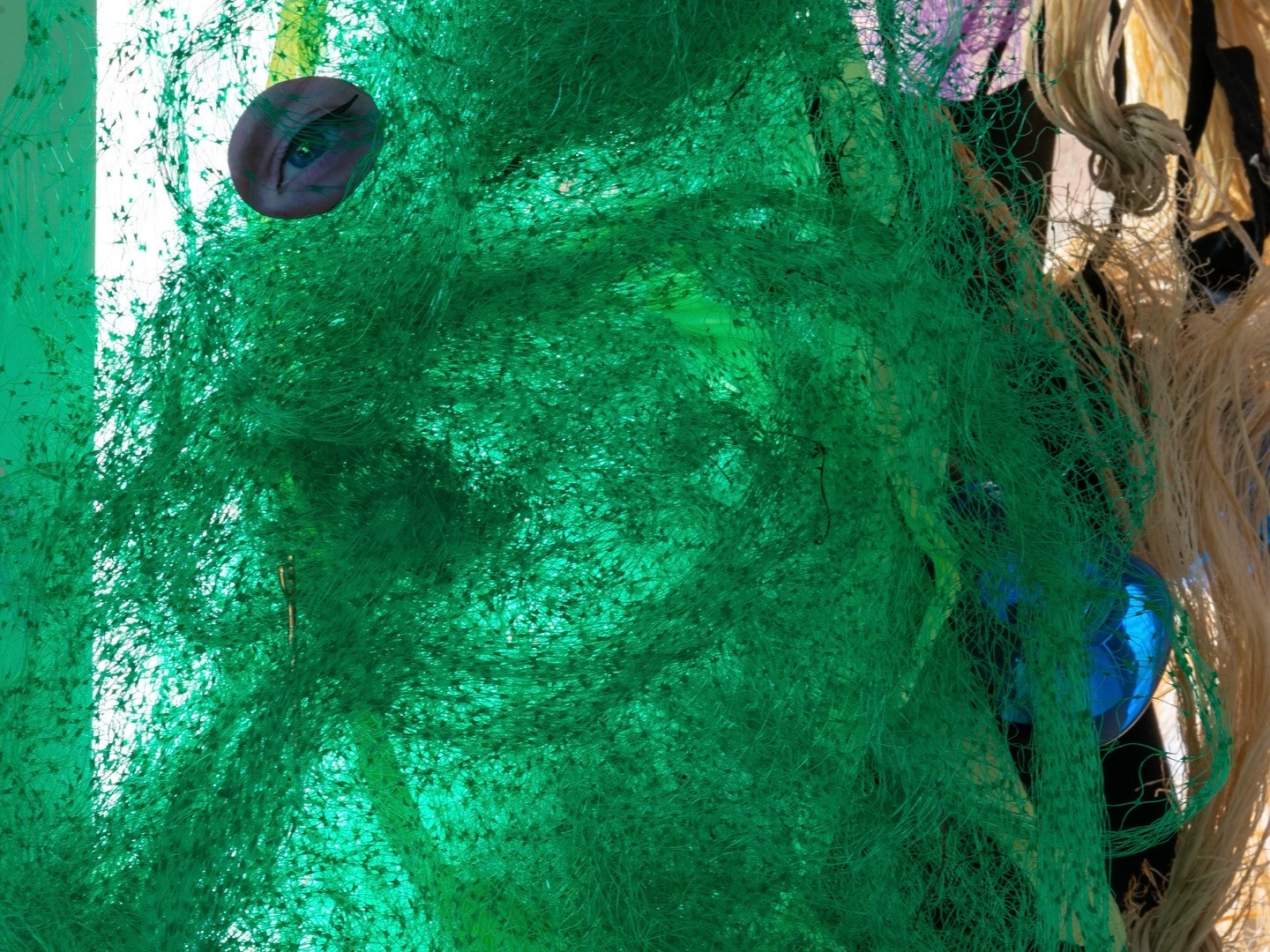
Lure kit (2024), Special Island, Natalie Price Hafslund, mauer, 2024 Foto: Stefanie Humbert
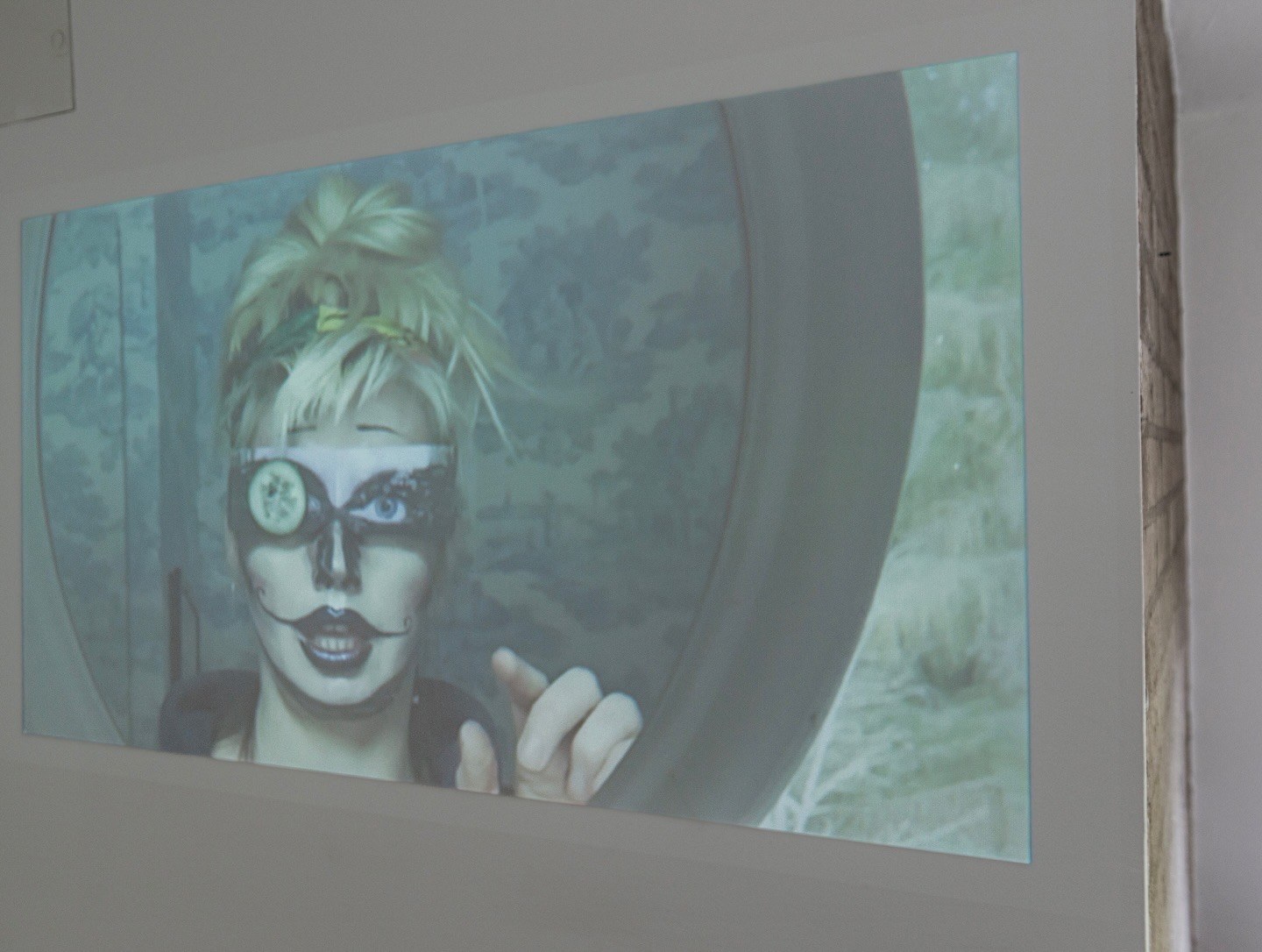
Special Island (2024), Special Island, Natalie Price Hafslund, mauer, 2024 Foto: Nicolai Meierjohann
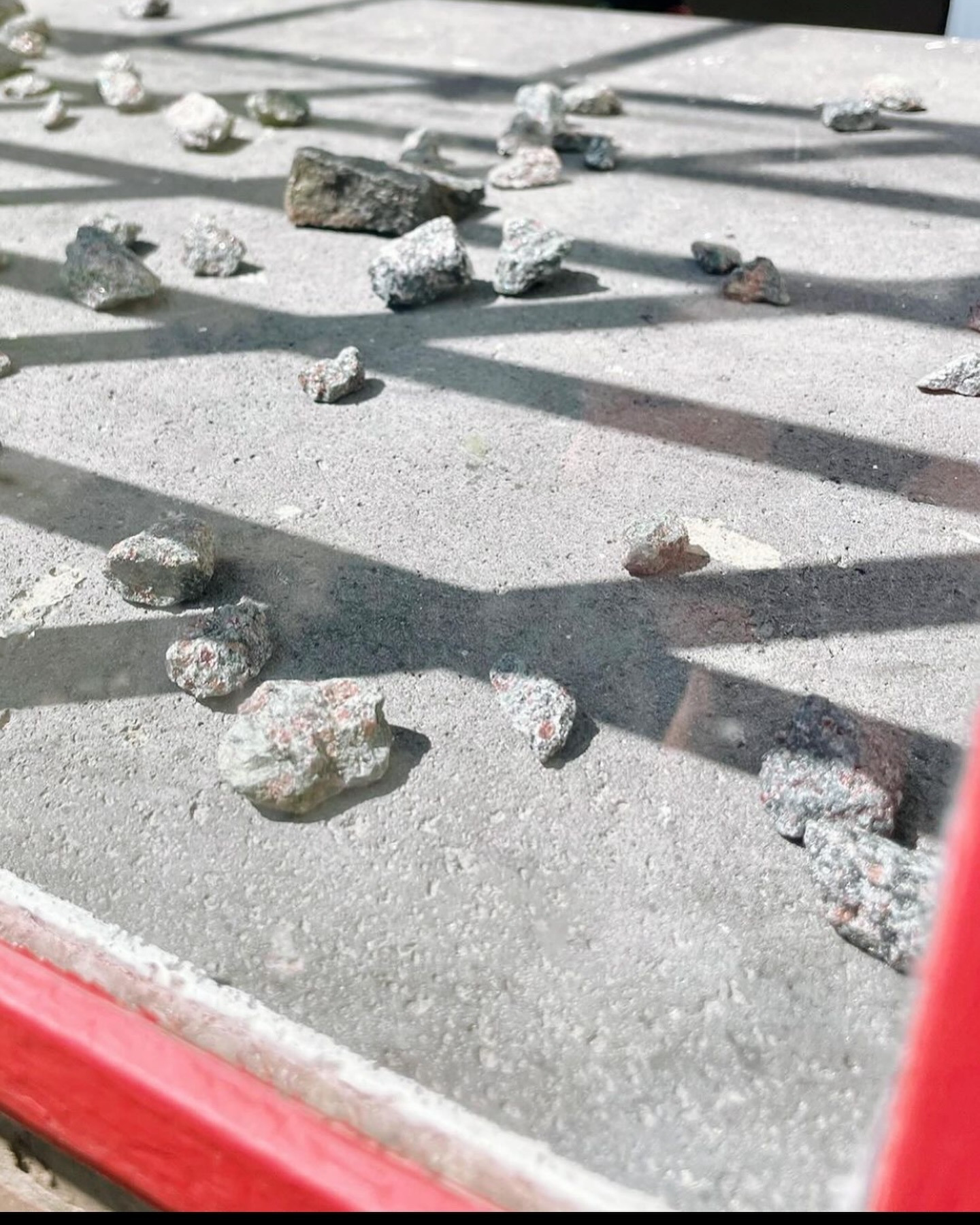
Free microdiamonds (2024), Special Island, Natalie Price Hafslund, mauer, 2024 Foto: Stefanie Humbert
Longing to be inconvenienced by you
In August 2002, some people from the University of Utrecht named Herman, Hannes, Tony and Martyn gave a conference paper at the Fourth International workshop on Orogenic Lherzolites and Mantle Processes in Hokkaido, Japan. I like to imagine they were very excited to present their “startling discovery of in situ microdiamonds in a mantle-derived peridotite lens from Bardane, Fjørtoft, western Norway.” That is, the “first known global occurrence of subduction-related diamond formation” – diamonds “that are, in turn, inclusions within garnets.”
In May 2024, the artist Natalie Price Hafslund will hand out mantle-derived peridotite rocks containing garnets containing microdiamonds to visitors of her show, Special Island, at mauer project space in Cologne. Price Hafslund collected the rocks by hand on the flat, small island where her mother lives in western Norway. It is the only place they are known to occur.
[Some people’s love language is receiving gifts.]
In 1624, an English pastor named John Donne collected some of his sermons in a book called Devotions. “No man is an island, entire of itself,” he wrote, “Every man is a piece of the Continent, a part of the main. If a clod be washed away by the sea, Europe is the less.”
[The desire to be a treasured clod.]
[The desire to be a clod, washed away, swimming free.]
In May 2024, Price Hafslund will present art works created on Fjørtofta (as the locals call it) in and around her mother’s house. Of central interest to the artist is how we construct ourselves, how we connect to each other and to what extent we have control over that. In one video work, Fishing for Compliments, she can be seen lowering a very long blond hair piece over a harbour wall and into the sea.
In 1944, a French philosopher named Jean-Paul Sartre wrote a play titled No Exit. In it, a character named Garcin laments, “Hell is – other people!” But that is not his full lament. He considers and strokes a bronze objet and says, “I'm looking at this thing on the mantelpiece, and I understand that I'm in hell. I tell you, everything's been thought out beforehand. They knew I'd stand at the fire-place stroking this thing of bronze, with all those eyes intent on me. Devouring me.” Hell, for Garcin, is how other people apprehend you, how the thing you call ‘you’ exists (perhaps only exists) in their perception of you. The ‘hell’ of other people is that you live in the prison of their minds.
[Let me out!]
[Oh, oh, oh, let me stay.]
At mauer, Price Hafslund will screen videos of and perform live as a persona. The persona wears fishing net wigs and heels and aviator sunglasses. The persona wears gloves with Twiglet fake nails and rosettes of crisps in her hair. The persona is sexy, and strange. Very attractive and just a little bit off putting.
In September 2022, a year after the author’s death, the book On the Inconvenience of Other People by Lauren Berlant was published. “Mostly,” Berlant writes, “other people are not hell. … Mostly, people are inconvenient, which is to say they have to be dealt with.” For Berlant, we find ourselves “inescapably in relation with other beings and the world and are continuously adjusting to them.” This ‘inconvenience’ “disturbs the vision of yourself you carry around that supports your sovereign fantasy, your fantasy of being in control.”
[A gift suggests care – but it can also be a way of controlling the narrative.]
The persona exists on the island, but her voice comes from the American south. She can sway along to Blue Moon as would anyone, but has nothing nice to say about Elvis. The persona wants to make us laugh; she speaks in non-sequiturs, which is when you say something that doesn’t appear to connect to the thing before it. The persona takes issue with Mother Nature.
In the 2002 film About a Boy, Hugh Grant’s single man character is confronted in a restaurant by a mother who wants to know why he has been letting her (mercilessly bullied) 12 year old son hang out at his house after school. The boy, feeling the intense pressure of the interaction, can do nothing but shout out the Bart Simpson catchphrase “Cowabunga!” The man attempts to wash his hands of the boy, rejecting any responsibility arising from their encounter (the inconvenience of others!) and proclaiming his total sovereignty: “Some men are islands!” he squawks, “I’m a bloody island! I’m bloody Ibiza!”
[A word, in your shell-like, please.]
The persona makes you feel like a trusted confidante. The persona makes us wonder at the performances we are always making – for, and against, each other. I asked the persona why she often covers her eyes. She said, “The glasses I wear protect the world from me and me from the world. Although they might look like cool shades, they are in fact safety goggles.”
In 2004, American comedian Mitch Hedburg performed at the Just For Laughs comedy festival in Montreal. “I like rice,” he said. “Rice is great when you're hungry and you want 2,000 of something.” And: … “Hey man, if you're a fish and you want to become a fish stick, you have to have very good posture. You can't be a slouchy fish or you will be a fish clump.” He says the audience is cool, man. He says facing an audience looks like “you guys were chasing me, closing in, but then said, ‘Fuck it, let’s sit down.’” Hedberg’s stage fright was reportedly so extreme that he would perform with his eyes closed behind his rose-tinted glasses.
[Longing to be inconvenienced by you.]
The elements of light danger indulged in by the persona let us know that anything could happen. Perhaps everything we’ve ever dreamed of. They also set up a parallel performance: Price Hafslund must identify herself as an artist, every time she tries to move through customs.
Charlotte Gush




